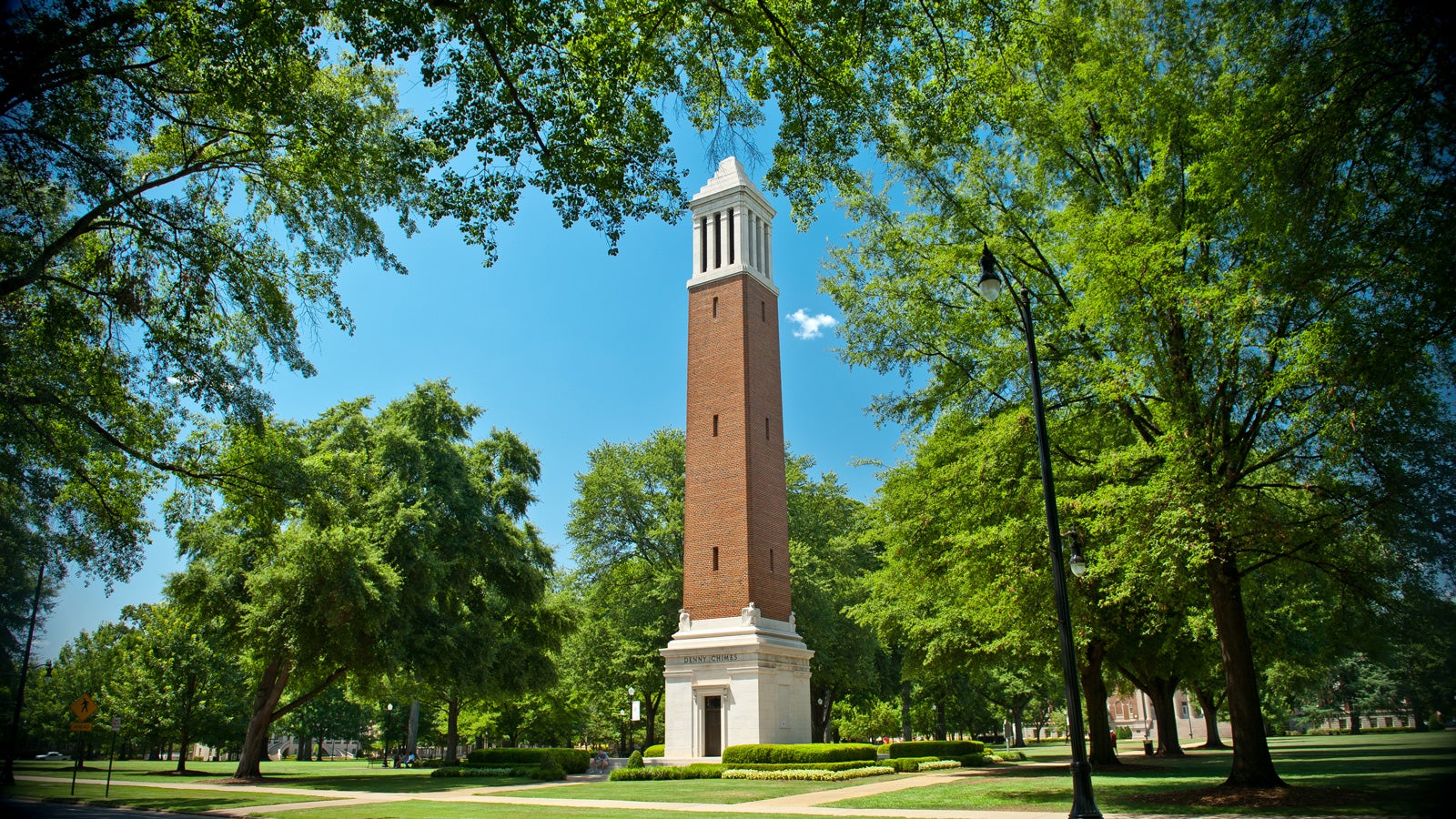The University of Alabama (UA) is committed to fulfilling its mission of teaching, research and service and the accurate and consistent treatment of categorizing and reporting those activities in compliance with federal regulations. Moreover, UA highly values research, both externally sponsored and non-sponsored, and seeks to support faculty in their research and creative pursuits in a manner commensurate with UA’s designation by Carnegie Foundation as a very high doctoral, or “R1,” university.
In 2021, the Office for Academic Affairs, the Division of Finance & Operations, and the Office for Research & Economic Development collaborated on a continuous quality improvement project to modernize current accounting and reporting practices. In most cases, previous accounting practices at UA historically captured the non-sponsored effort of tenured and tenure-track faculty as instruction cost, which could significantly impact decision-making related to the cost of instruction such as tuition rates and new faculty hiring. The Separately Accounted for Expenditures (SAE) project was piloted in the College of Arts & Sciences and the College of Engineering with the participation of approximately 600 faculty for fiscal year 2021. The SAE pilot showed that the true cost of instruction attributed to the participating faculty was actually $32.0M less than what would have historically been reported. In contrast, the SAE pilot showed that participating faculty captured $20.8M in true research expenditures and $11.5M in service expenditures. The SAE system is a web-based tool for faculty to review and certify their non-sponsored effort (excluding summer), including review and certification by the faculty member’s department chair or Dean. This system leverages data from payroll distribution and the existing effort reporting system for externally sponsored projects to ensure that the underlying data draws from valid sources. It also safeguards the existing effort reporting process related to externally sponsored projects for compliance, audit and reconciliation purposes.
“By consistently and accurately capturing faculty efforts, UA has a better understanding of how much is invested in research annually and the true cost of academic programs,” stated Jim Dalton, executive vice president and provost. “This will better enable UA to track the cost of academic programs and compare these costs to peer programs so that UA can ensure that we are offering the highest quality programs for UA students.”
“Annually The University of Alabama, along with some 640 other research-active universities, reports categorized and total research expenditures to the National Science Foundation, which publishes its annual Higher Education Research and Development (HERD) survey. This SAE pilot and planned campus-wide roll-out will allow UA to better compare our research portfolio and productivity in an apples-to-apples manner to other universities,” said Russell Mumper, vice president for research & economic development.
The SAE system, with the cooperation of UA faculty and college leadership, will improve accuracy in determining the cost of instruction, financial investments made in research and creative activities, and service efforts. This modernized approach is necessary for accounting accuracy which will enable UA to effectively steward resources that are key drivers to furthering the mission of the Capstone.
The SAE executive sponsors and working group extend a special thanks to the Deans Council for providing invaluable insight that informed the implementation strategy for a campus-wide roll-out that will commence in October 2022 for the fiscal year 2022 reporting period.
For questions related to the SAE project, please contact Jordan Johnson, associate provost for financial affairs at jordan.m.johnson@ua.edu; Julie Shelton, associate vice president for finance at jshelton@fa.ua.edu; or Jennifer Camp, assistant vice president for research administration at jrcamp@ua.edu.
